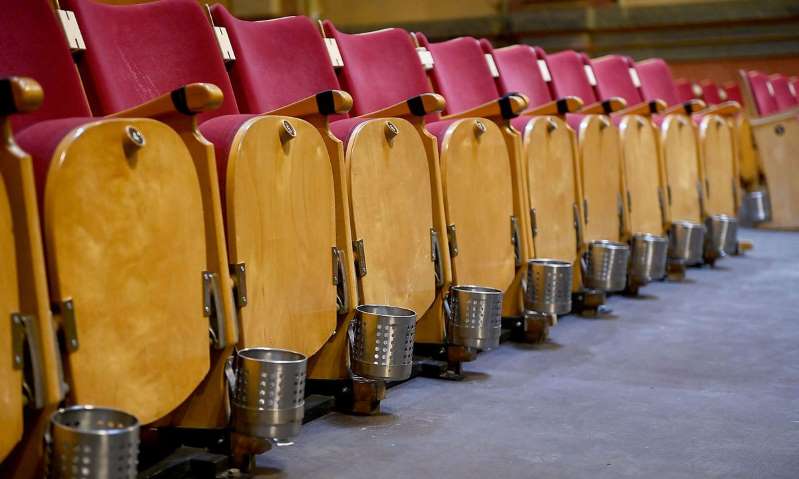![Succession wanted for short-time working [premium]](/wp-content/uploads/2021/02/nachfolge-fuumlr-die-kurzarbeit-gesucht-premium-64630b1.jpg)
It is an anniversary of the start of the corona pandemic – and with it the start of the crisis instruments: Corona short-time work has been in place since March 2020. Short-time work already existed before that, but the corona version is much more generous than the regular model. Accordingly, it is eagerly used. According to the Public Employment Service (AMS), 1.2 million people received short-time working allowances last year. 465,400 people were registered for short-time work at the beginning of the week. According to the Ministry of Finance, 6.1 billion euros have been paid out so far. For comparison: Before the outbreak of the pandemic at the end of February, 1,746 people in 21 companies were on short-time work.
Now the Corona short-time work will be extended until the end of June. The third phase will run until the end of March, and will seamlessly transition into the fourth. Essentially, everything stays the same: Working hours can normally be reduced to up to 30 percent, in officially closed companies to zero percent. The employees receive between 80 and 90 percent of their salary. “I think this is necessary as long as there is a risk of large-scale closures,” said Labor Minister Martin Kocher on Wednesday.
In this form, however, short-time work is not a permanent model, says Kocher. After phase four, there should be a gradual exit, if the health situation allows. At almost the same time as the extension, the social partners are starting discussions about a gradual expiry of the Corona short-time work. One will quickly begin to prepare a new variant for the time after the crisis, said Kocher.
Overtime is lost
Suggestions on how things could continue after the Corona short-time work come from economic researchers and the opposition. The Think Tank Agenda Austria demands that short-time working allowance is only paid for the hours actually lost and that the minimum working hours are increased. If there is another lockdown, there should be exceptions for affected sectors.
In the current model, there is a risk that structural change will be slowed down. “Because workers reduce their hours on the one hand, while elsewhere they could already be fully productive again”, says the economist Dénes Kucsera from Agenda Austria.
The Neos are also in favor of a “gradual exit” from short-time work. Because there is a risk that 30 percent work with 80 percent wages in short-time work is more attractive for some in the long run than earning 100 percent for 100 percent work, explains social spokesman Gerald Loacker.
The employee representatives see it differently. “We are clearly rejecting models that lead to a deterioration in the workforce,” said Renate Anderl, President of the Chamber of Labor. It is not the case that employees like to work short-time. Because they earned significantly less. As an example she brought a waitress with a gross monthly wage of 2100 euros. Not only did she lose part of her fixed salary, she was also falling over to regular overtime and tips. In one year she would lose almost 11,000 euros. It must be made clear how things will continue from July 1st, said Anderl.
In the autumn, the social partners had agreed that employees in blocked sectors should be replaced with part of their tips. But according to the union, the payout only worked in November, then no longer. Talks were in progress about this, says Berend Tusch, who is responsible for tourism at the Vida union, to the “press”.
Negotiations are also ongoing about the first month of service: Currently, an employee must have been fully paid for one month before he can be sent on short-time work. That in itself makes sense because otherwise the door would be opened for abuse, according to the employee representatives. But this is a problem for companies that parted ways with employees during the crisis and then hired them again.
Tourism as the front runner
Short-time work was particularly popular in tourism last year: 34 percent of the active employees in the industry were on short-time work from March to December. Short-time working was also used well in the art and entertainment industry, in the manufacture of goods and in retail.
Of the around one million people who received short-time working allowance in April 2020, 94 percent were in a fully insured employment relationship at the end of October, according to a recent analysis by the AMS. The government appealed to companies to send their employees to further training during short-time work. AMS would reimburse 60 percent of the qualification costs.

